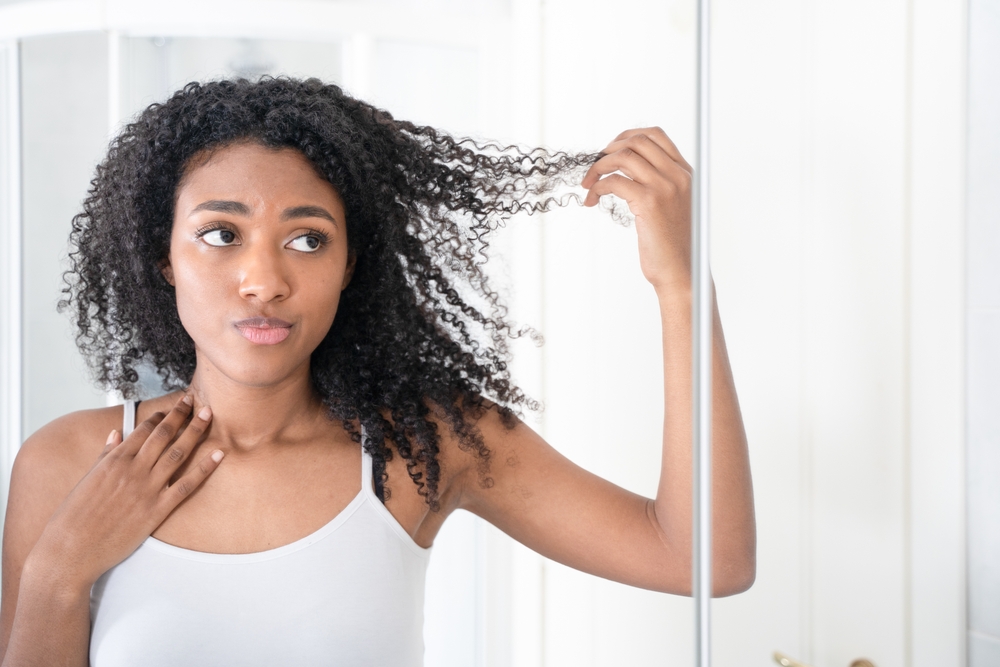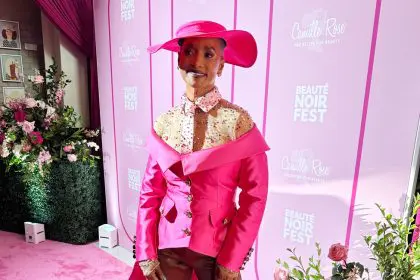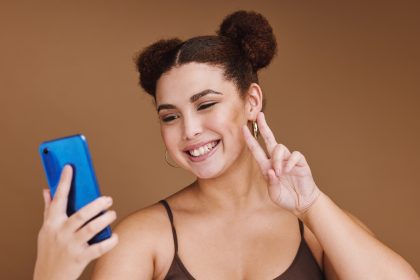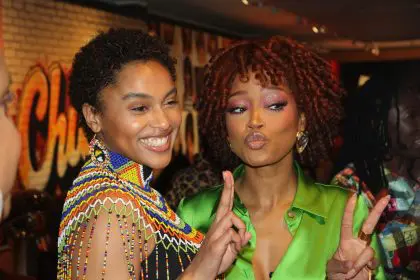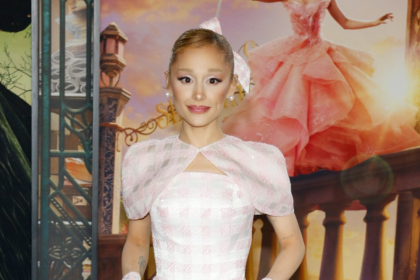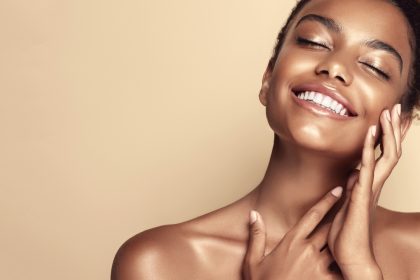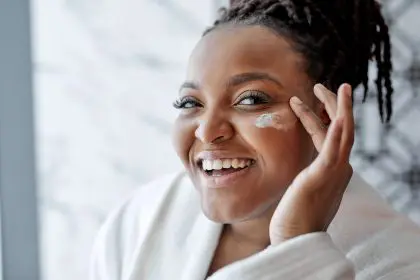The evolving landscape of Black hair care has sparked intense debate as unlicensed social media stylists face growing backlash from frustrated clients, particularly in major cities like Atlanta where the problem has reached a critical point.
The rise and potential fall of the Instagram stylist
A new generation of hairstylists — powered by Instagram portfolios and TikTok followings — transformed the traditional salon experience. Initially promising accessibility and transparency through social media showcases, these entrepreneurs bypassed traditional apprenticeships and licensing requirements. Their direct-to-consumer approach eliminated salon overhead, but this shift has produced unexpected consequences.
When luxury pricing meets basic service
Clients increasingly report a disconnection between premium pricing and diminished service quality. Many stylists now require clients to arrive prewashed and sometimes pre-styled, while charging upwards of $300 for services. Additional fees for basic services like parting hair or using particular products have become commonplace, leading to mounting frustration among clients.
The licensing debate
In Atlanta, traditionally known as a Black hair care mecca, the infiltration of unlicensed stylists has created a crisis of confidence. Despite impressive social media presence, many lack fundamental training in hair care basics, including proper shampooing techniques. Licensed professionals argue that this compromises both service quality and safety standards.
The exodus back to traditional employment
The pendulum appears to be swinging back as clients exercise their spending power. People online noted a trend of stylists returning to traditional employment, attributing this shift to customer pushback against premium pricing without corresponding service quality. The phenomenon has sparked heated online debate about professional standards in the industry.
A tale of two perspectives
While some stylists defend their pricing and policies, citing lengthy service times and specialized skills, customers increasingly demand value for money. Industry veteran schatzic told The Root back in 2023 that true luxury service requires comprehensive care, suggesting that stylists consider traditional salon models where commission-based work ensures consistent service standards.
The future of Black hair care
This situation highlights deeper issues within the Black hair care industry. While social media democratized access to clientele, it may have inadvertently undermined professional standards. Some clients maintain relationships with trusted stylists despite distance, demonstrating the value of proven expertise and established client relationships.
The current climate might prompt a reset in the industry, potentially leading to a hybrid model that combines traditional professional standards with modern marketing approaches. As the market corrects itself, both clients and stylists face decisions about value, professionalism and the true meaning of luxury service in Black hair care.

